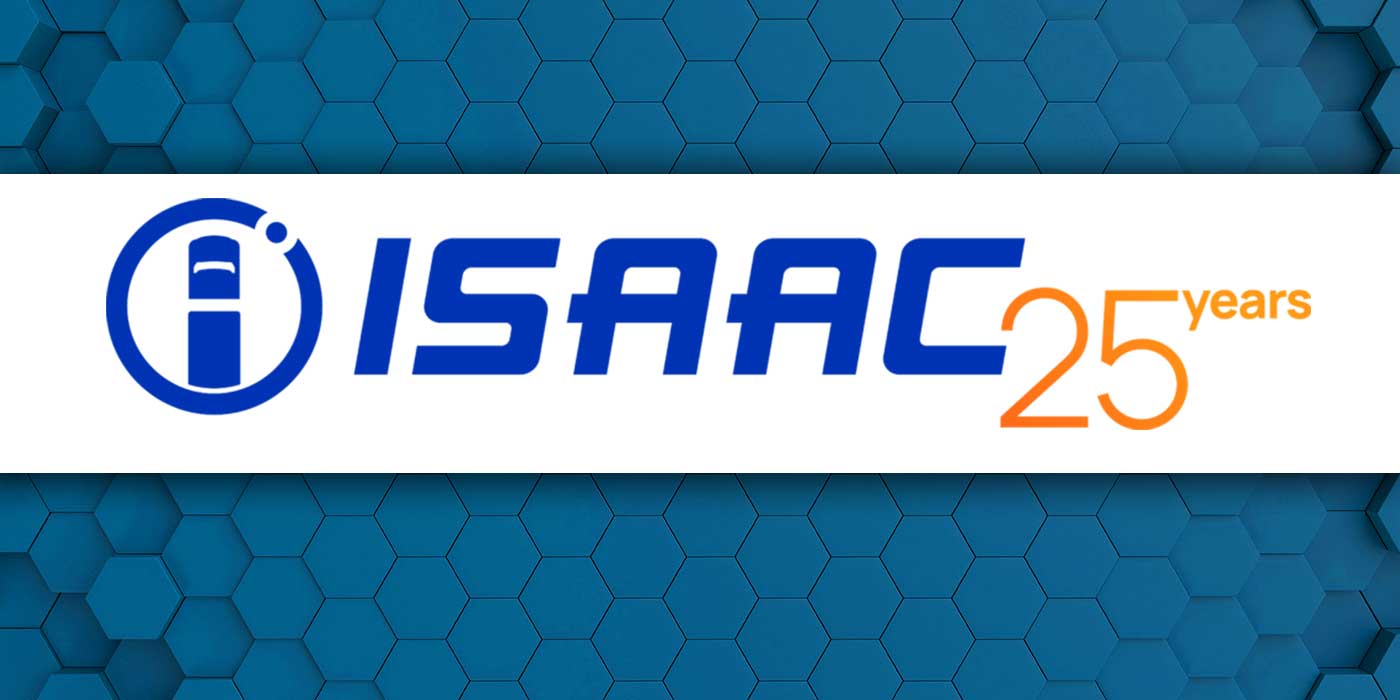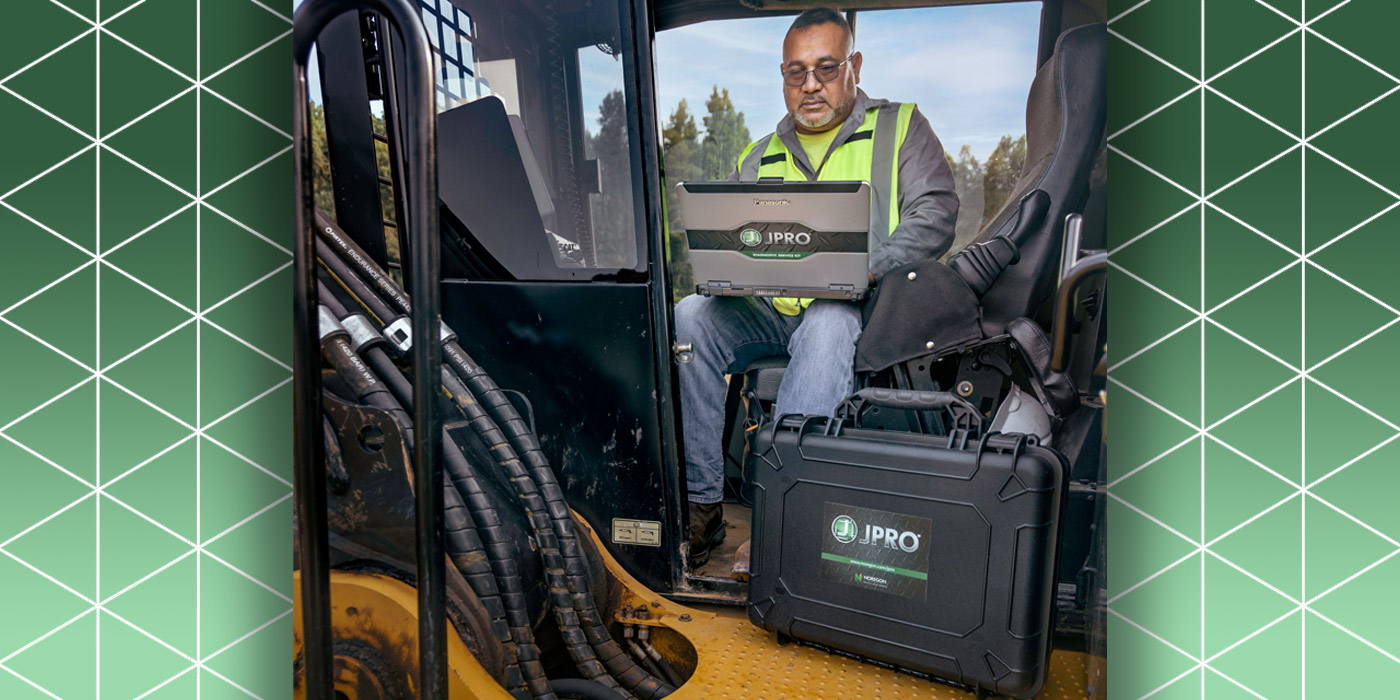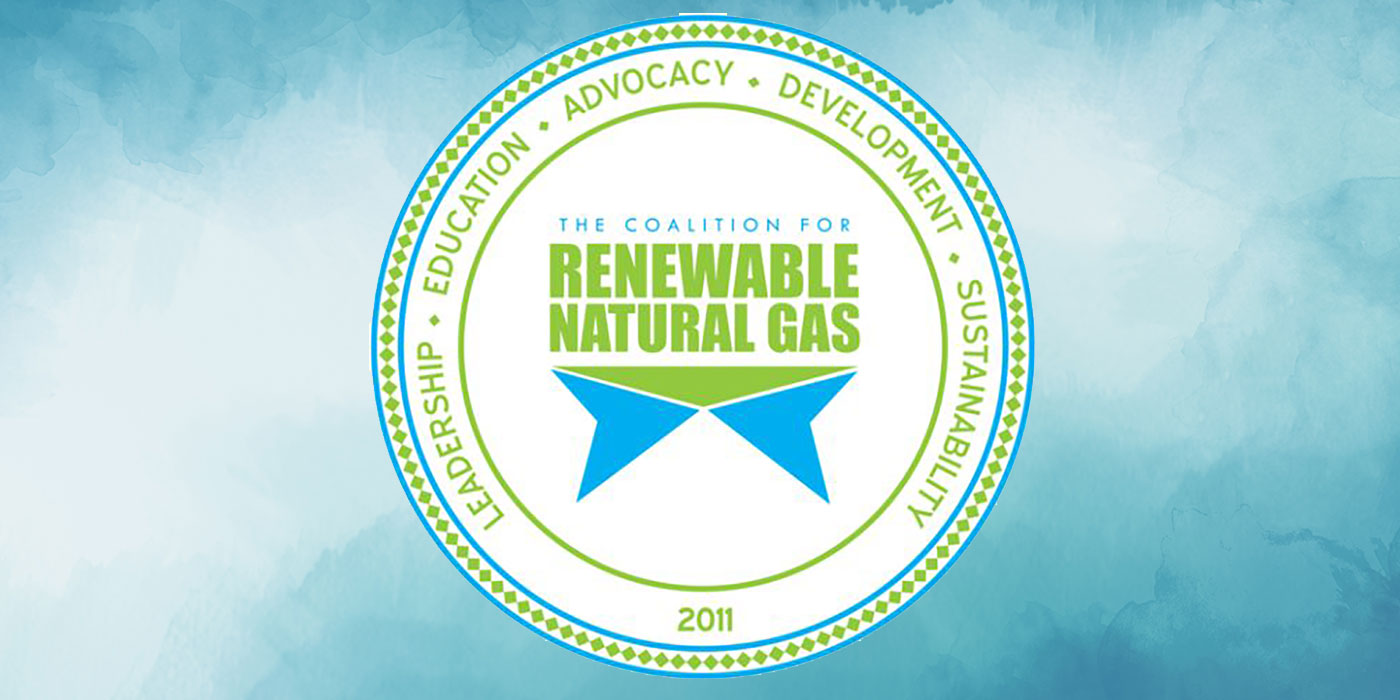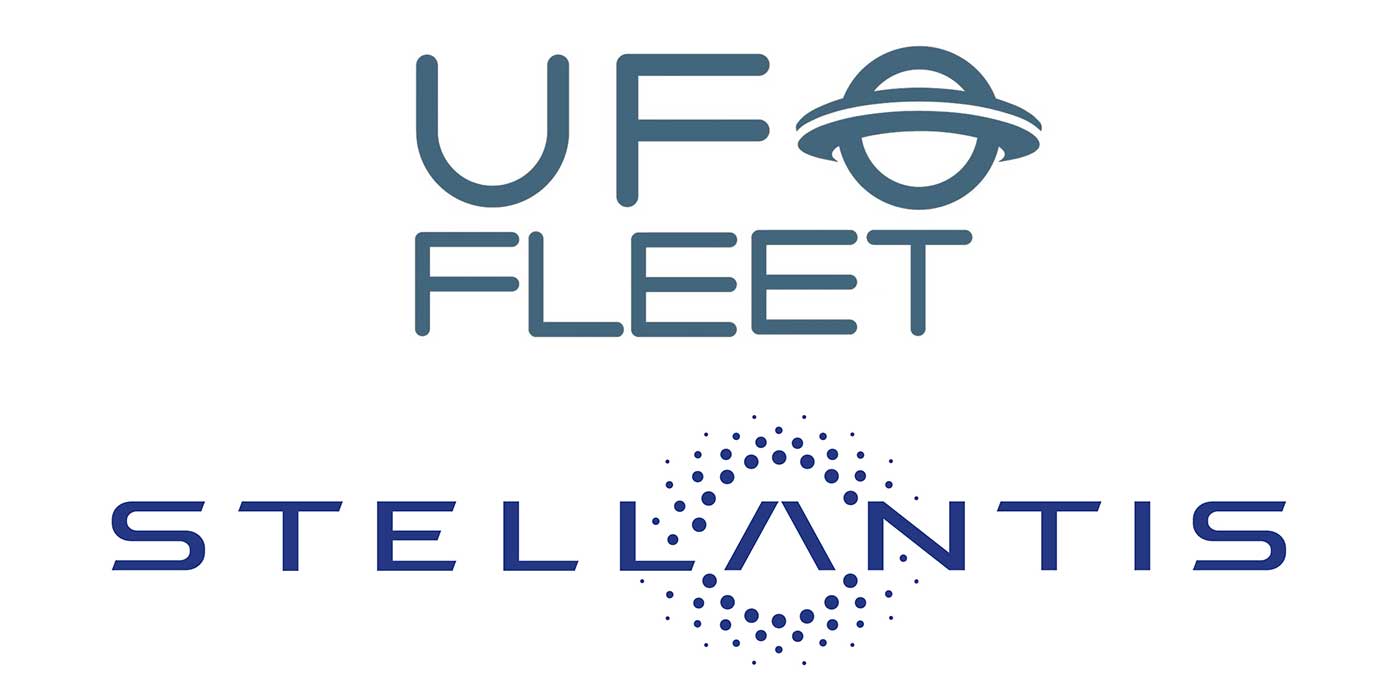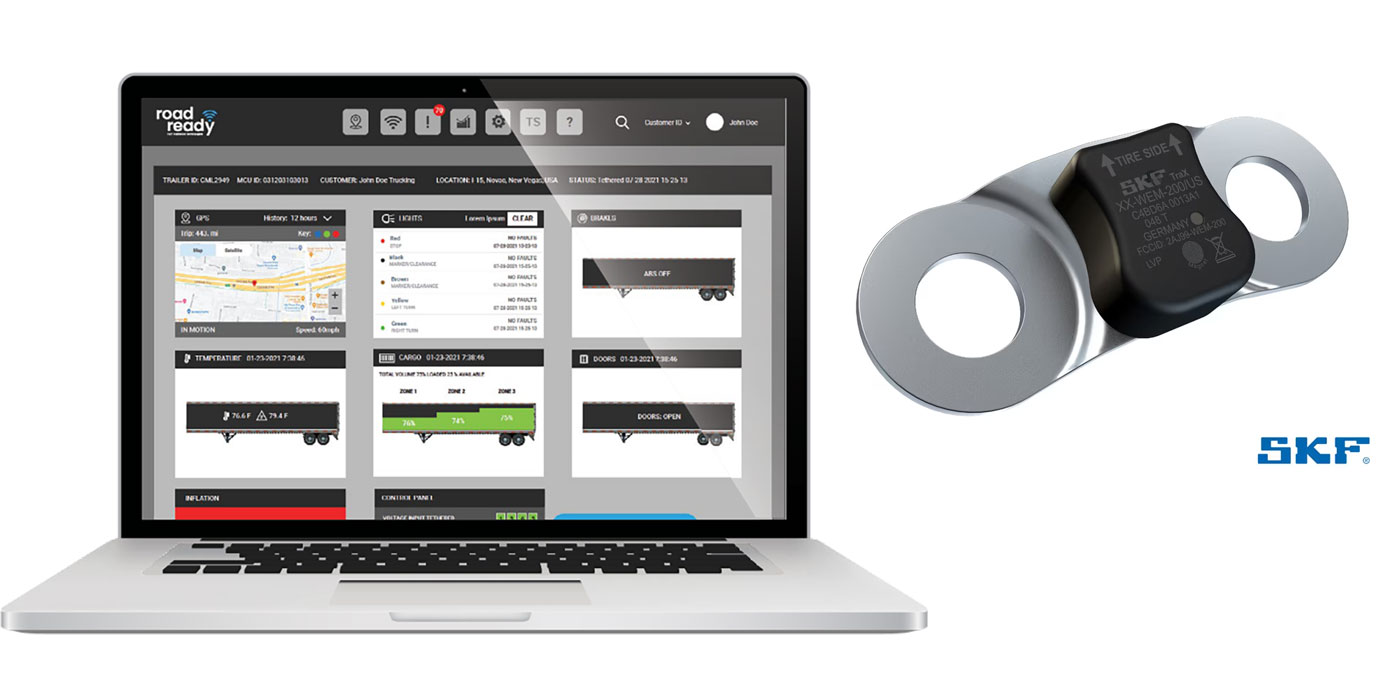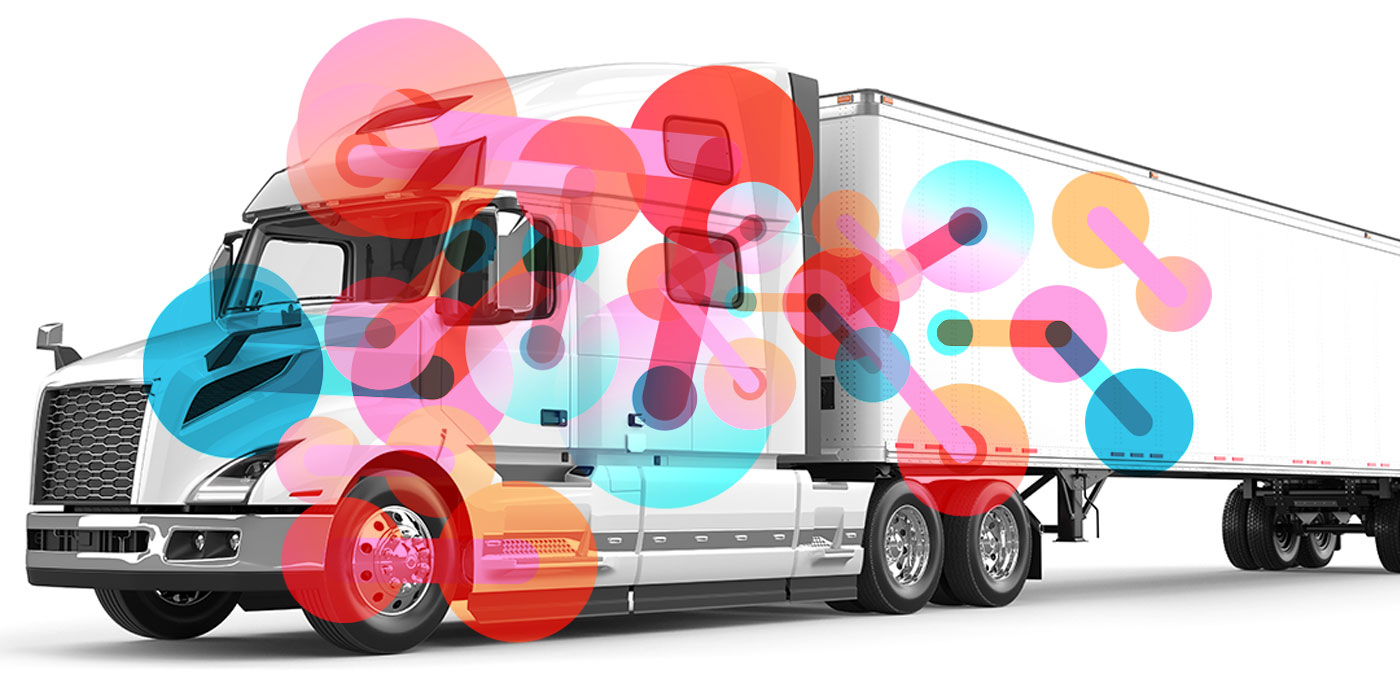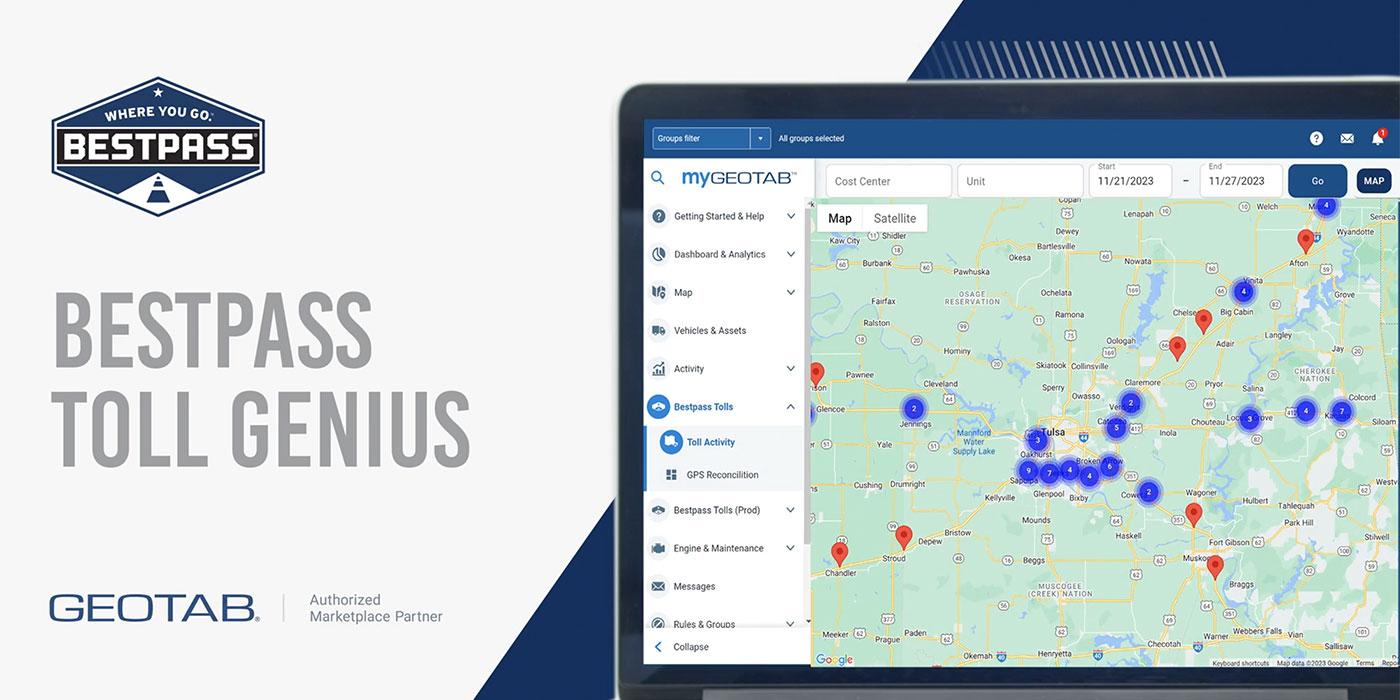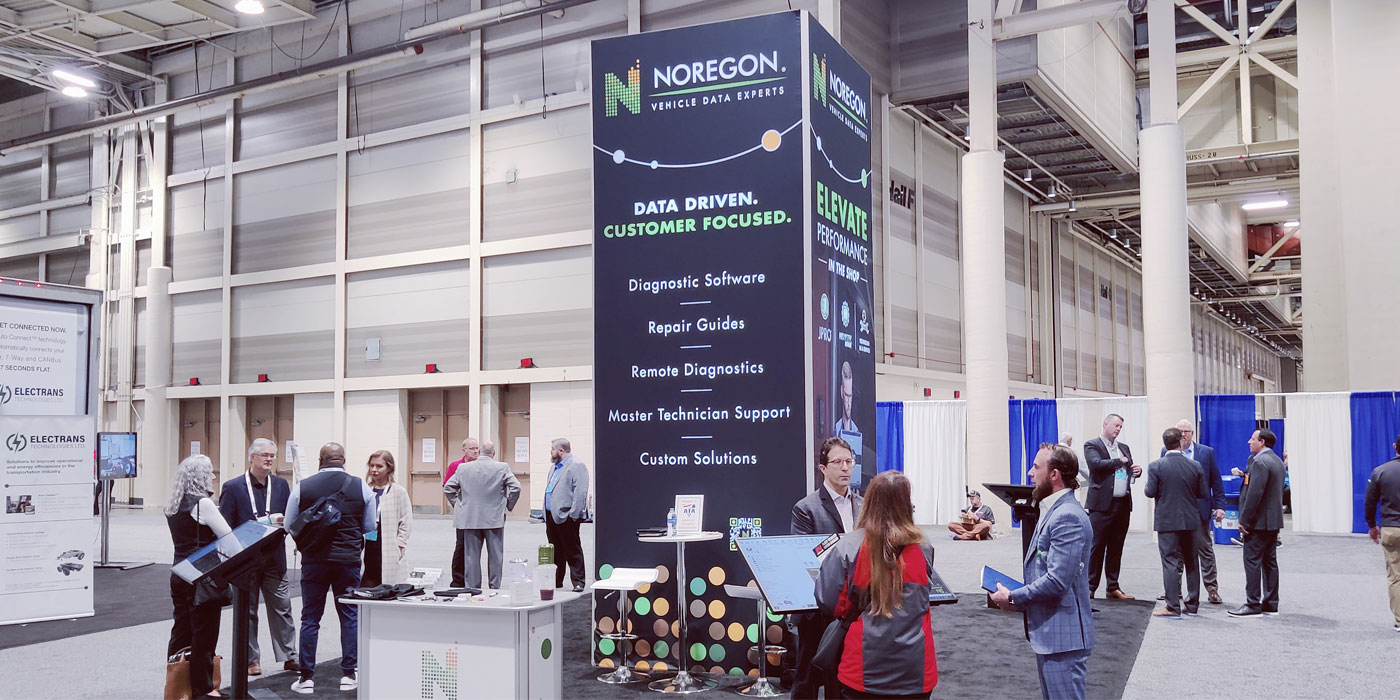Fleet management is all about the small things. The trucking industry is a fiercely competitive one. With so many fleets out there, all providing similar services with similar equipment, finding any advantage, however small, can translate to a major leg up on your competition.
This is the goal for you, the fleet manager, when using telematics: increasing your knowledge about every aspect of your trucking operation, which allows you to optimize the operation and correct mistakes you may not have otherwise spotted. It’s the knowledge provided by telematics devices, many of which report in real time, that makes this possible. Without definite knowledge, equipment operation can be based on guesswork. It’s no doubt educated guesswork, informed by years of experience, but why guess when you can know?
Trailer tracking software is one example of a solution that can provide these seemingly small advantages to fleets.
SkyBitz, for example, provides a trailer tracking solution called SmartTrailer, which operates based on a combination of solar-powered tracking technology, sensors and, in some cases, camera technology.
According to Henry Popplewell, president of SkyBitz, there are two major benefits of SmartTrailer: the ability to know whether your trailer is loaded or empty and whether it has additional freight capacity; and the potential for predictive maintenance.
Let’s take those one at a time.
Popplewell touts the SkyBitz solution’s solar-powered tracking technology, which he says provides a longer life than battery power, allowing you to increase the frequency of reporting so that you’re constantly aware of whether your trailers are loaded or empty, and whether they have additional freight capacity available. This can allow you to take better advantage of your cargo capacity by getting more freight out in fewer shipments, optimizing your time and money. It’s one of those small things that can make a big difference in the long run.
Predictive maintenance, meanwhile, has been a hot topic in the trucking industry for years, and is now starting to provide real-world dividends. The idea behind predictive maintenance is that you can use data gleaned from technology—in this case, from the tracking solution’s sensors—to see when specific equipment tends to run into maintenance issues. Armed with that knowledge, you can get ahead of those future problems, turning unplanned maintenance into planned maintenance.
“The predictive maintenance aspect of this involves a lot of sensors that alert you about things like tire inflation and tire pressure, brake wear and potentially even axle temperature,” Popplewell says. “The ability to monitor all of this lets you know for sure that you have a trailer that’s ready to go at all times.”
It all goes back to that idea of using these small advantages to get a leg up on the competition.
“This is a competitive industry,” Popplewell says, “and so improvements in the ability to perform maintenance, and to squeeze a little bit of cost out of your operation through either better location information, utilization of the trailer or through maintenance, have big repercussions.”


